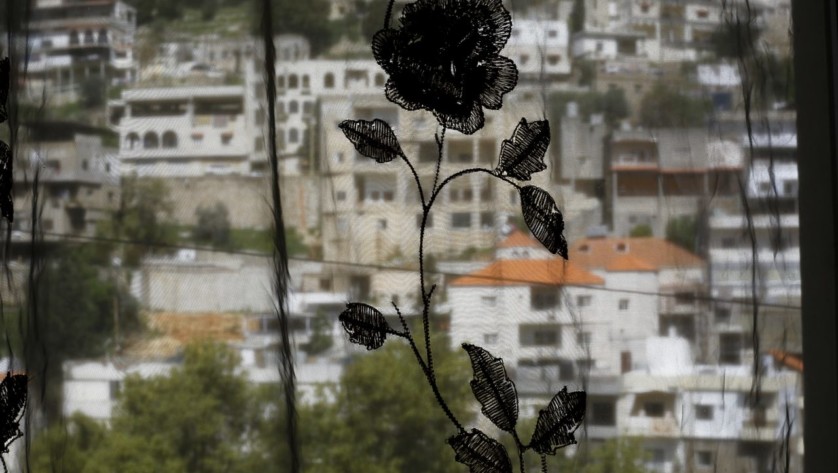Built on marshlands between a prison and one of the thousands of creeks that make up the Niger delta, the Prison Waterfront neighbourhood is one of many shanty towns to grow up on the outskirts of Port Harcourt, Nigeria. Some 70 per cent of Port Harcourt’s 1.8 million people live in informal settlements, which span the length of the waterfront, and have little or no access to public services such as sewage systems and clean drinking water. Trash and human waste, along with a slick of oil from illegally tapped pipelines, coat the inlets and marshes. That means people cannot use nearby natural resources — the waterways and marshes — for food or to make a living. Plagued by chronic poverty, lack of education and armed violence, residents are exposed to many daily dangers. The ICRC has been working in Prison Waterfront for almost two years, supplying drinking water, making small improvements in infrastructure and providing micro loans to women. In November 2016, the ICRC gave disposable cameras to 26 young people to get a glimpse into how they saw themselves, their community, their daily lives and their hopes for the future. Here are a few examples of what they saw through their viewfinders.
 Red Cross Red Crescent magazine
Red Cross Red Crescent magazine 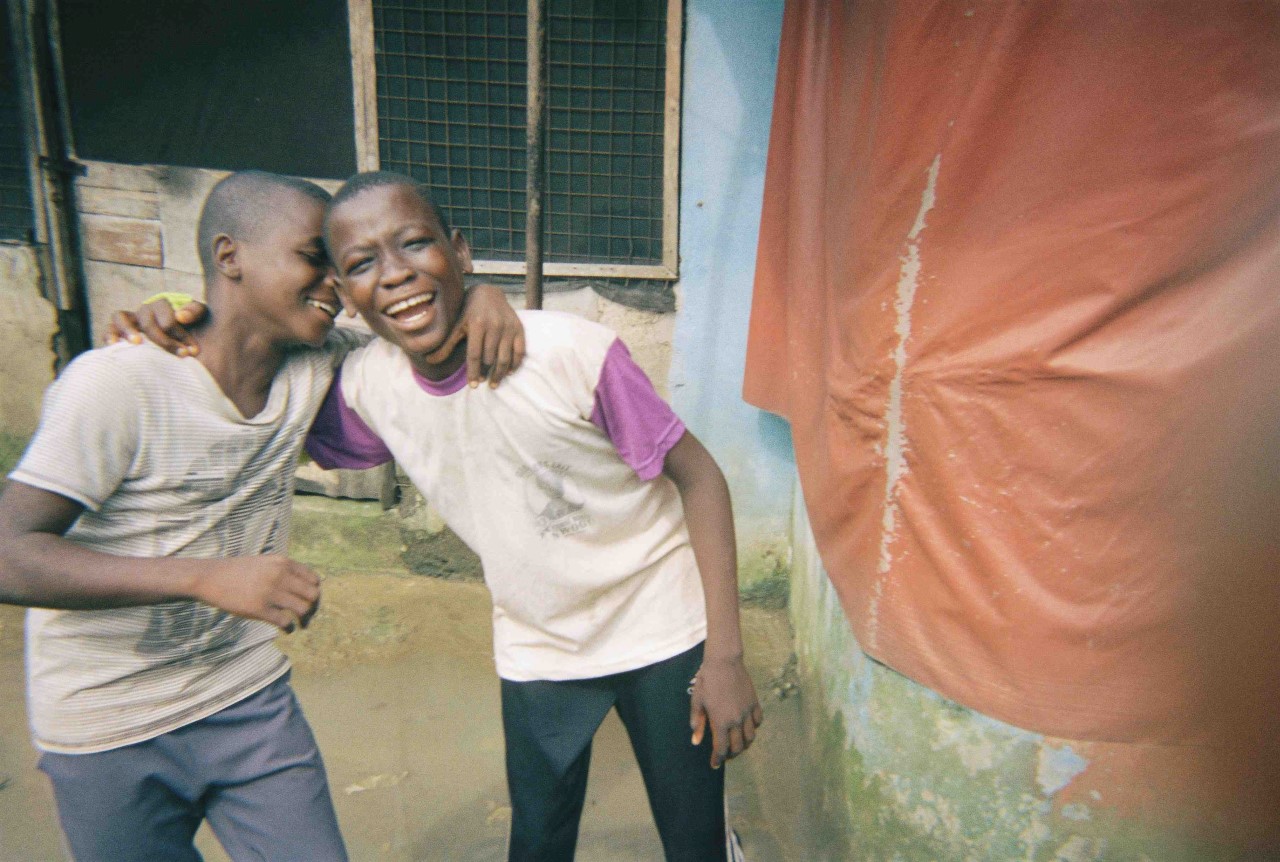
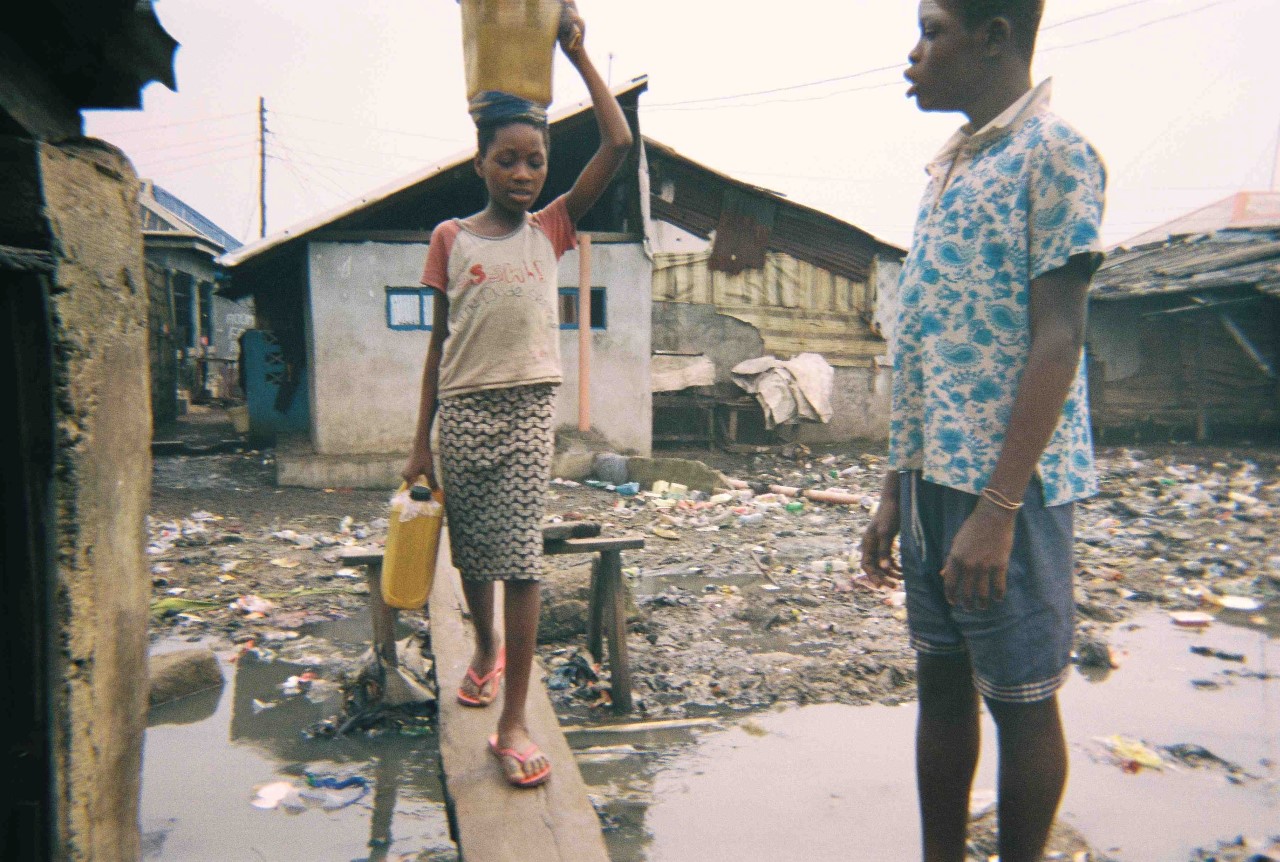
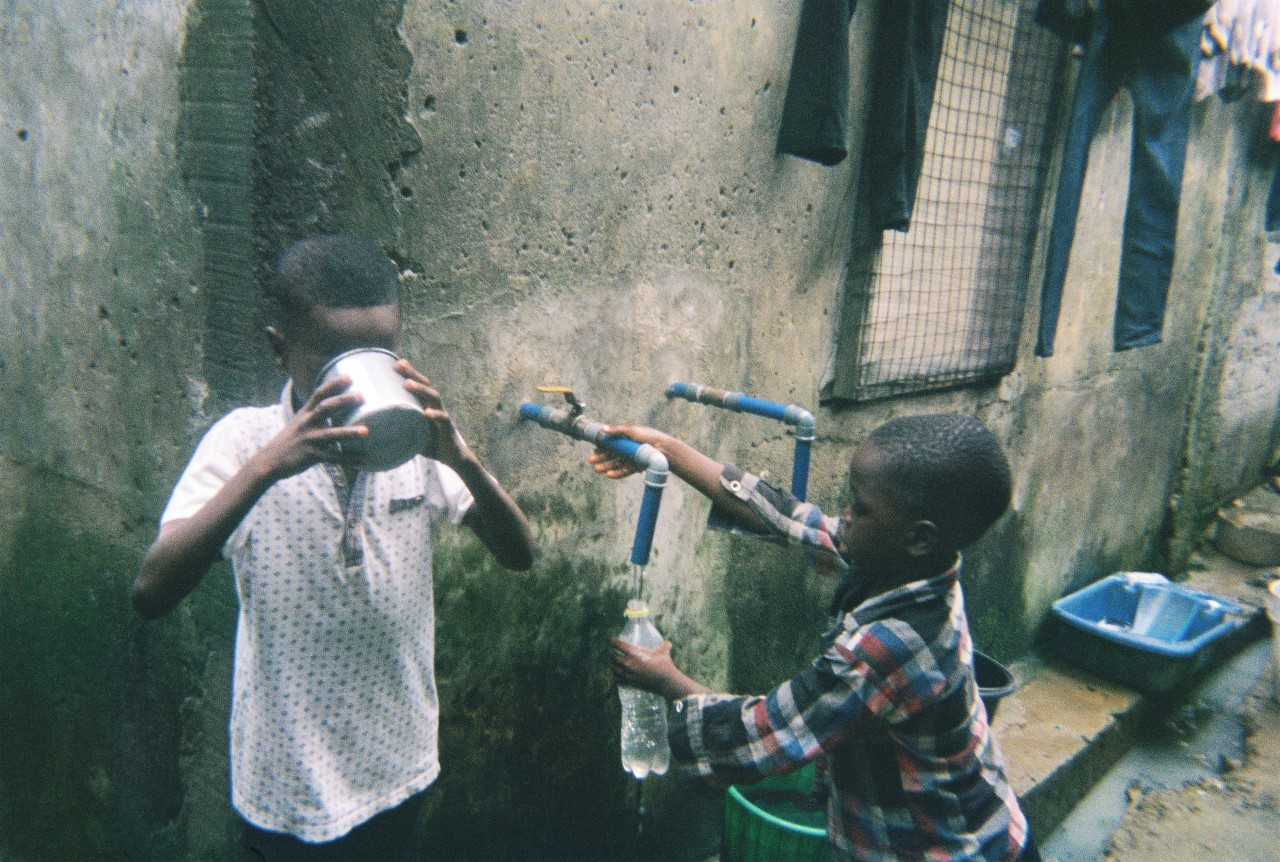
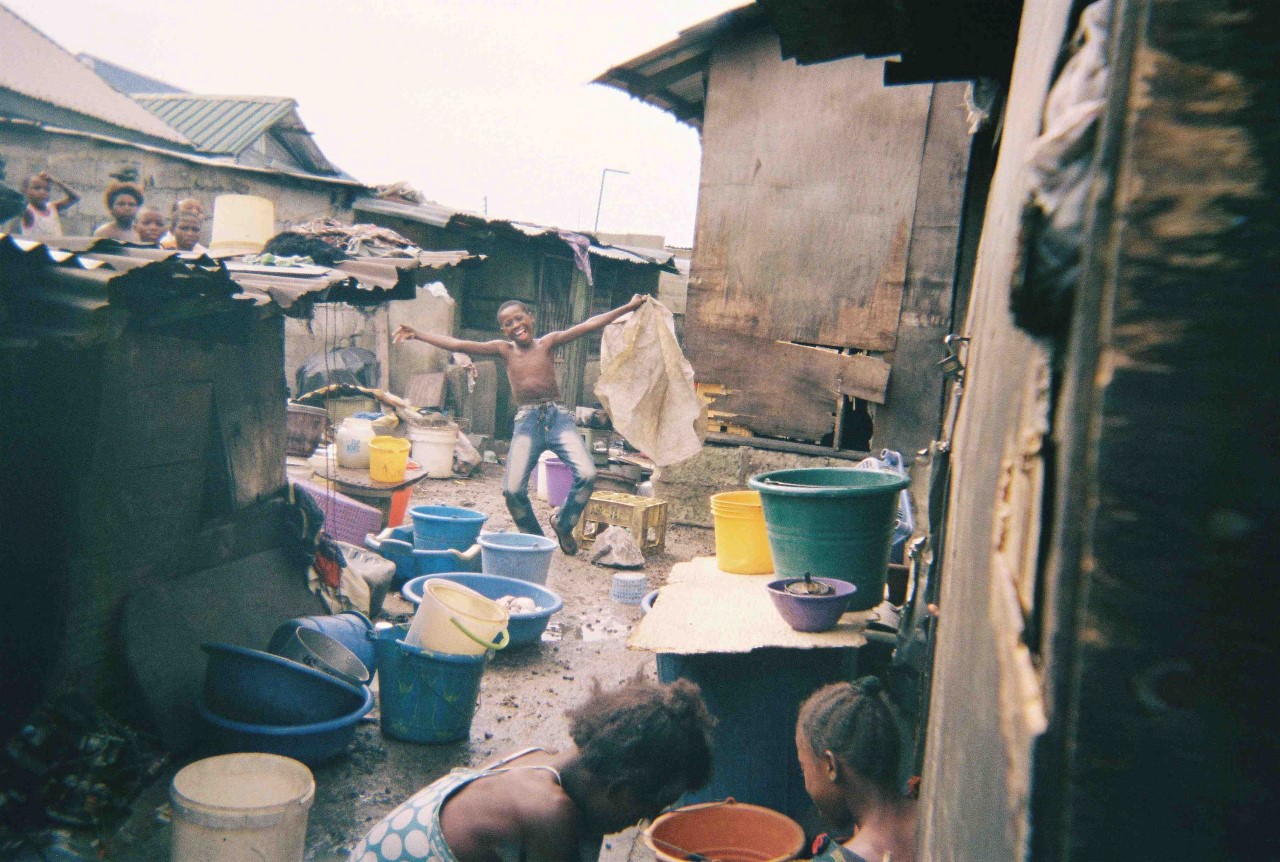






 Tech & Innovation
Tech & Innovation Climate Change
Climate Change Volunteers
Volunteers Health
Health Migration
Migration